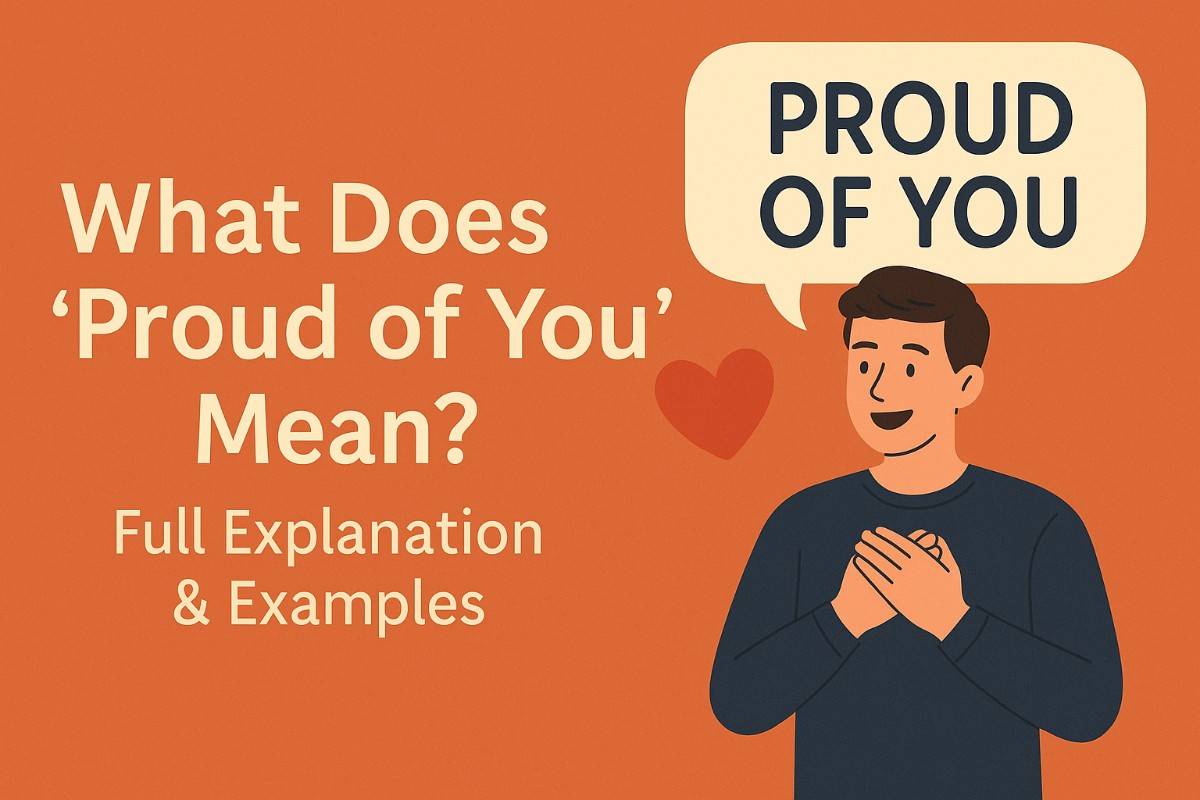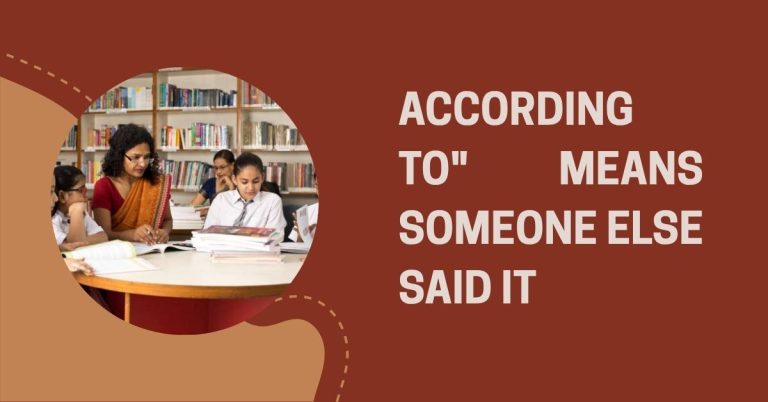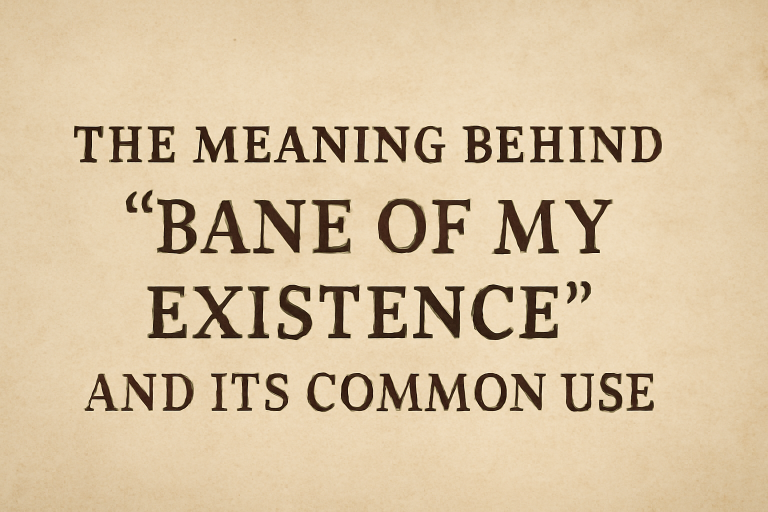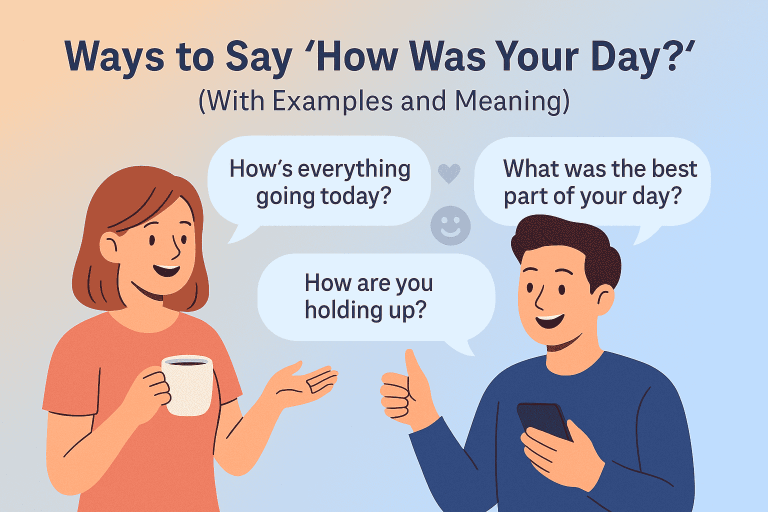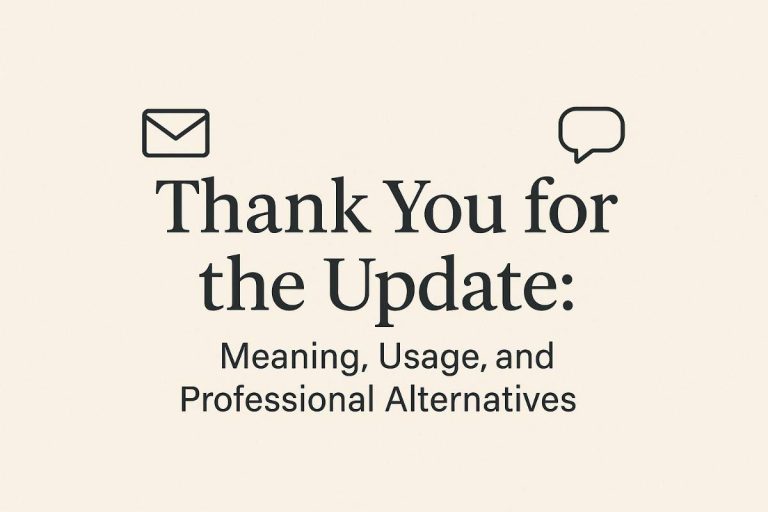What Does “Proud of You” Mean? Full Explanation & Examples
“Proud of you.” It’s short. It’s sweet. But when you hear it—or say it—it can feel like a hug in words. Those three little words carry more weight than most people give them credit for.
Whether it’s a parent cheering from the bleachers, a friend watching you get your first apartment, or a partner seeing you face something hard, this phrase slips out naturally. And yet, it means something deep every time.
Still, we all know language can get stale. Say something too often, and it starts to lose its magic. That’s why finding other ways to say “proud of you” can keep the moment alive—and make it hit home a little harder.
Let’s talk about what this phrase really means, when we use it, and how to say it in ways that feel even more personal.
What “Proud of You” Really Means in Everyday Life
When someone says they’re proud of you, it’s more than just a pat on the back. It means they’ve seen your effort. They’ve noticed your growth. They’re not just clapping for the outcome—they’re applauding the journey.
In a way, saying “I’m proud of you” is like saying, “I see you.”
It’s recognizing that someone has stepped out of their comfort zone. Or they’ve done something hard, even if no one else knew how hard it was.
That’s why this phrase feels so good. It’s not just about praise—it’s about being seen, respected, and valued.
Common Situations Where the Phrase Is Used
People say “I’m proud of you” in more situations than you might think. Some are big and obvious—others, small but meaningful.
- Graduation – Whether it’s high school, college, or night classes, finishing something long-term deserves that proud nod.
- New jobs or promotions – Taking the next step in your career, even if it’s scary, shows courage.
- Personal growth – This one’s huge. Quitting a toxic habit, standing up for yourself, setting a boundary—those moments matter.
- Parenting wins – Raising kids is no joke. Every milestone deserves recognition, for the parent and the child.
- Health milestones – Beating illness, finishing therapy, or even just showing up for yourself—that’s something to be proud of.
- Simple courage – Sometimes, just speaking your truth or trying again after failure is worth celebrating.
What ties all these moments together? Grit. Vulnerability. And showing up, even when it’s hard.
Don’t Miss – “This Means a Lot to Me” – What It Really Means and How to Use It Naturally
Other Ways to Say “Proud of You”
Want to switch it up? You don’t have to ditch the meaning. You just need the right words for the moment. Here are a few solid alternatives:
- “You did it!” – Short, joyful, and full of celebration.
- “That took guts.” – Great when someone’s done something brave.
- “I admire your strength.” – More personal, and feels deep.
- “I knew you could.” – Encouraging, but also affirming.
- “You’ve come so far.” – Especially touching when someone’s made progress others might not see.
- “That was all you.” – Emphasizes their effort, not just the outcome.
- “You should be so proud of yourself.” – A gentle nudge for them to feel their own pride.
These phrases hit different depending on who you’re talking to. For close friends or family, go deeper. For coworkers or teammates, you can keep it light but still meaningful.
And don’t forget tone. Even the simplest sentence can say a lot when said with warmth.
How to Respond When Someone Says It to You
It can feel weird, right? Someone looks at you with kind eyes and says, “I’m proud of you.” And suddenly you don’t know what to do with your hands.
Here’s a simple truth: you don’t have to say anything perfect. But if you want to respond in a way that keeps the connection going, try one of these:
- “Thank you. That means a lot.” – Simple and honest.
- “I’ve worked hard on this, so I appreciate you noticing.” – Let them see the effort behind your smile.
- “I’m starting to feel proud of myself too.” – Vulnerable and real.
- “Thanks—I wasn’t sure I could do it.” – Opens the door for deeper conversation.
| # | Response | Tone |
|---|---|---|
| 1 | Thank you, that means a lot to me. | Sincere |
| 2 | I appreciate you saying that. | Grateful |
| 3 | I couldn’t have done it without your support. | Humble |
| 4 | That really boosts my confidence—thanks! | Encouraged |
| 5 | Thanks, I’m proud of myself too! | Confident |
| 6 | It feels good to hear that—thank you. | Warm |
| 7 | Coming from you, that means everything. | Emotional |
| 8 | I’m trying my best—thank you! | Honest |
| 9 | Wow, that really made my day. | Uplifted |
| 10 | I’m glad you noticed. Thanks! | Appreciative |
| 11 | That means more than you know. | Deep/Personal |
| 12 | Your support keeps me going. | Supportive |
| 13 | I’m thankful to have you in my corner. | Loyal |
| 14 | I’m just getting started! | Motivated |
| 15 | Thanks! I’ve been working hard on it. | Earnest |
| 16 | Thank you! I needed that today. | Vulnerable |
| 17 | Humbled to hear that—thank you. | Humble |
| 18 | Thank you—I’m proud of what we’ve accomplished. | Team-oriented |
| 19 | You saying that means a lot right now. | Reassured |
| 20 | Appreciate it—let’s keep pushing forward. | Forward-looking |
You can even throw in a hug, a smile, or just a quiet nod. Sometimes the moment speaks louder than words.
Conclusion
Saying “I’m proud of you” is more than a feel-good phrase—it’s a way to connect. It shows we’re paying attention. It tells someone, “I saw what you went through, and I respect the way you handled it.”
But if we say it the same way every time, it can start to sound like background noise. Switching it up keeps the message fresh. Whether you’re cheering on a friend, lifting up a partner, or simply trying to put love into words, the right phrase can hit like a beam of sunlight.
So go ahead—tell someone you’re proud of them. Or tell them in your own words. Either way, it matters more than you think.

